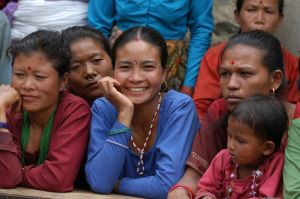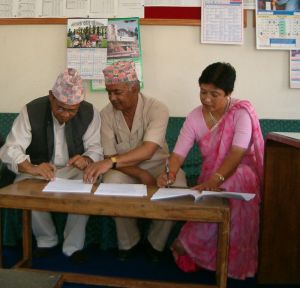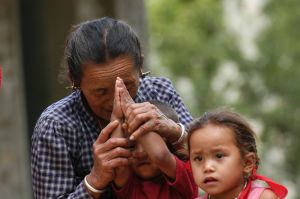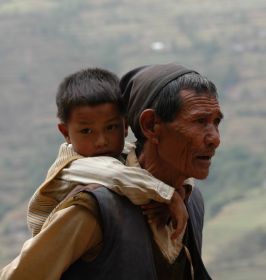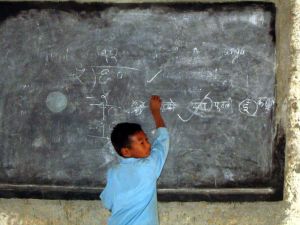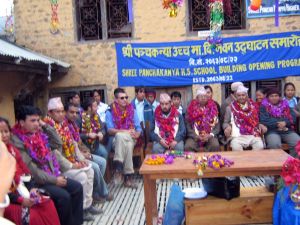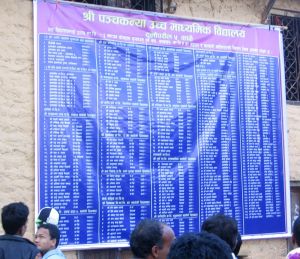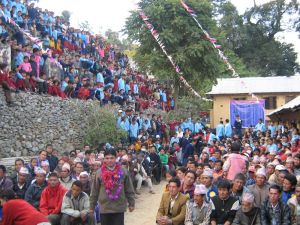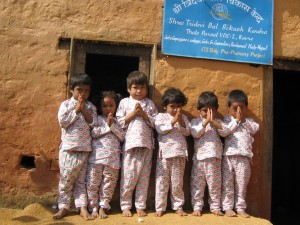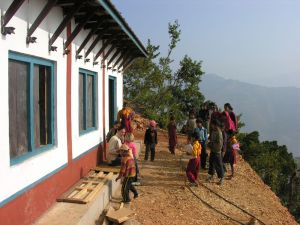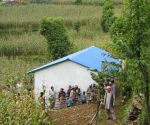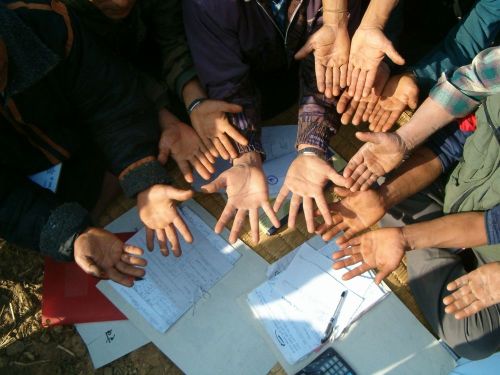
In a recent article it has been pointed out the paradox of local level governance in Nepal is that much money and effort have been poured into it over the decades but with no visible improvement.
In 1996 UNDP and DANIDA pushed on the government to introduce the Local Self-Governance Act 1999 which failed to include the vital provisions regarding the user groups which showed good performances in managing the forestry community development which has been fully domestically managed by local community.
With no provisions regarding the formation of local groups, the enormous fund to decentralization has been managed by, as the article points, local bodies were invariably composed of the hand-picked favourites of the village elites.
As a result, the billions of rupees that went through the DDCs (District Dev. Office) and VDCs (Village Dev. Office) in various tied and untied grants over the years made little dent on the problems of poverty and deprivation that continue to remain rampant in Nepal’s villages. The same seems happened for other local authorities as DHO (health) and DEO (education).
The misuse of huge funds and the needs of a serious reforms of local body, most of them not working or bad working due to that lack of elected officials and good mnagement should suggest to international donors to go directly to the primary stakeholders: it means community through local user groups (for specific projects), community schools, etc.
This work should be a priority for INGOs and NGOs which must operate gross route level as their guiding principles should require. Unfortunately this is not happening for some of them. It is the case of Centro Cooperazione Sviluppo INGO (CCS Italia) which during the last two years left good community tied projects in Kavre moving towards funding the local DEO (district education office) and DHO (district health office). This negative attitude seems directed to void the role and capacity of the local NGO working in Kavre since many years. The reasons could be the strong critics the local NGO moved regarding the ineffective use of Italian fund and donation made by the officers of the INGO and their incapacity to operate directly with the community. Maybe also their laziness and high salaries.
The same misadventure which is running, in a great scale, DANIDA. They decided to support a 10 million rupies project (19 months) project entitled “Promoting Local Governance for Effective Service Delivery” in six selected districts.
It was said to be “supply-side” governance strengthening initiative and comprised workshops for government officials, local politicians, NGO/CBO officials, and “service receivers”. The project developed training manuals, formed coordination committees and “good governance pressure groups”, and held public hearings with government officials including the CDOs in attendance.
It seems the same trend followed by Centro Cooperazione Sviluppo (CCS Italy) in which instead to work in the community, it is easier to work through local bureaucrats. It is the training and workshop development which is the main activity wide spreading among INGOs and institutional donors.
This kind of “projects” doesn’t need many activities, fieldwork, and accountability of service given.
The single most important contribution that the government and donors could make to promote good governance and development in the villages is to empower the stakeholders and assuring effective service delivery and the only way is to go in the villages working with people.
Guna Dhakal- Social Worker-Kathmandu

